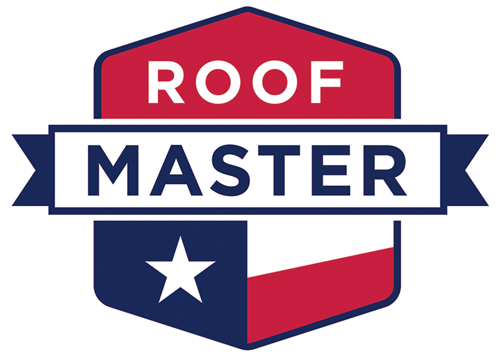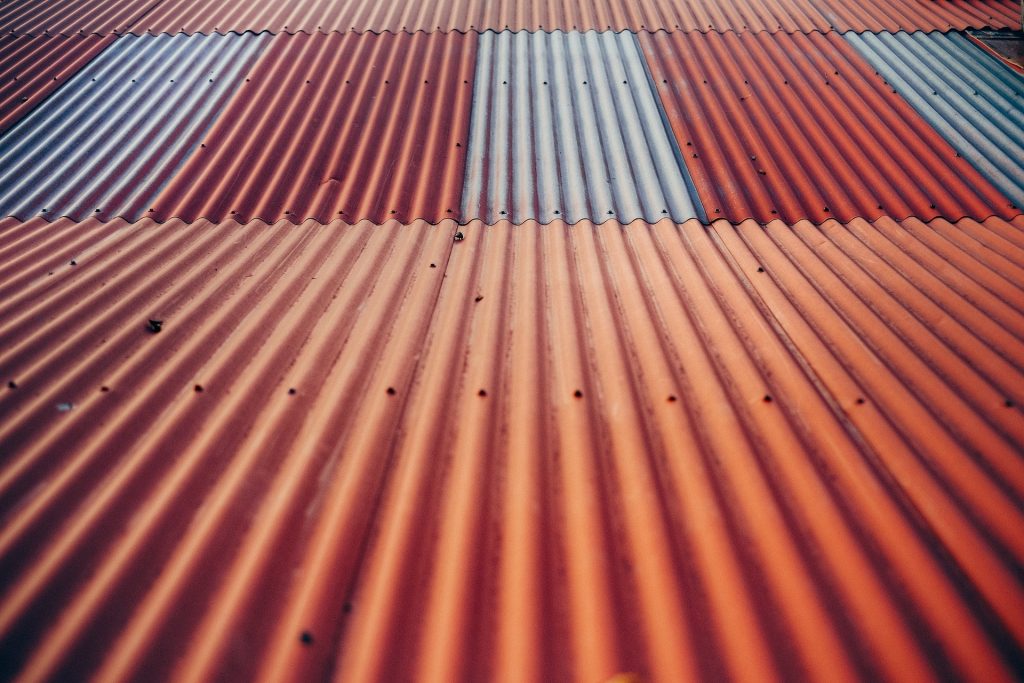Metal roofs are generally long-lasting and are a perfect choice for homeowners who need long-term roofing solutions.
Many homeowners prefer metal roofs as they are more durable than traditional asphalt shingles. The latter may have lower upfront costs, but it is more vulnerable to cracking, shrinking, and eroding. Metal also has a longer lifespan than asphalt shingles.
This guide explores the different types of metal roofing for residential properties. You’ll get to learn the pros and cons of each metal to help you make an informed decision.
Types of Metal Roofing for Residential Properties
There are several options available for metal roofs. Here are the different types of residential metal roofing materials.
- Aluminum metal roofing
- Copper metal roofing
- Steel metal roofing
- Tin metal roofing
- Zinc metal roofing
- Aluminum Metal Roofing
If you need a lightweight roofing material that can last for years, consider installing the aluminum metal roofing. Aluminum is an excellent option for residential properties as it is durable, light, and corrosion-resistant. It’s also easy to handle and install.
Pros of Aluminum Metal Roofing
Here are the advantages of aluminum roofing pieces.
- Lightweight: Aluminum is the most lightweight metal roofing material, weighing around five pounds per square foot. It exerts low pressure on the roof structure.
- Malleable: Roofing manufacturers can easily configure aluminum into various shapes, allowing you to have many designs to choose from for your home.
- Corrosion-Resistant: Aluminum is highly resistant to rust, making it an ideal roofing solution in coastal regions and areas that receive heavy rainfall.
- Readily Available: As one of the most abundant elements in the earth’s crust, aluminum is readily available for roofing structures. It’s easy to find anywhere.
Cons of Aluminum Metal Roofing
Aluminum also has a few drawbacks.
- Prone to Denting: Aluminum is thin and lightweight, making it more prone to denting than most other metals. Thick aluminum panels can reduce the denting risks.
- Few Color Options: Aluminum roofing panels come in fewer colors, including gray/silver. It’s not easy to find red or green aluminum panels.
- Relatively Expensive: Aluminum is relatively costlier than some metal roofing materials. Buying thicker panels to prevent denting makes it even pricier.
- Copper Metal Roofing
Copper’s unique and striking appearance makes it a perfect choice for most residential property owners. It has been around as a roofing material for many years.
Pros of Copper Metal Roofing
Here are the advantages of copper metal roofing materials.
- Looks Attractive: Copper’s stunning appearance is one reason many people install it on their roofs. Its color changes with time when it patinas.
- Long-Lasting: When talking about the lifespan, expect the copper roofing material to last for up to 100 years when well-maintained.
- Corrosion-Resistant: When copper is exposed to moisture and patinas, it forms a protective barrier that prevents it from rusting.
Cons of Copper Roofing
Like other metal roofing materials, copper also has a few drawbacks.
- Very Costly: It’s not as abundant as aluminum, making it more expensive than most metal roofing materials.
- Prone to Denting: Since copper is also a soft metal, it can easily dent when heavy materials or hail fall on it—unless you use thicker copper.
- Steel Metal Roofing
Steel is an alloy. It consists of iron and other elements and is a common roofing material in many residential properties due to its longevity, affordability, and low maintenance.
Steel metal roofing is available in three forms: galvanized steel, galvalume steel, and weathering steel.
- Galvanized Steel: Has a layer of zinc coating to protect the steel’s inner part from rusting.
- Galvalume Steel: Like galvanized steel, the outer protective layer is a combination of zinc and aluminum coating.
- Weathering Steel: The steel’s outer layer is designed to rust and protect the inner part from rusting deliberately.
Pros of Steel Metal Roofing
Here are the advantages of steel metal roofing panels.
- Fire-Resistant: When installed correctly, steel metal roofing can be resistant to fire. It’s ideal for areas prone to wildfires.
- Long-Lasting: This metal roofing type can last for up to 60 years when well-maintained. It lasts longer than asphalt shingles.
- Cost-Effective: Compared to other roofing materials, steel metal roofing is less costly. Its cost is 35 percent less than aluminum.
Cons of Steel Metal Roofing
Here are the disadvantages of steel metal roofing.
- Less Resistant to Rust: Steel metal roofing can rust quickly when not coated by a protective layer of zinc or aluminum.
- Heavy Material: Steel metal roofing weighs more than copper or aluminum metal roofing, exerting more pressure on the house.
- Tin Metal Roofing
A tin roofing comprises a rolled steel coated with tin to make it more durable and highly resistant to cracking. It’s lightweight, making it easier to install.
Pros of Tin Metal Roofing
Here are the advantages of tin metal roofing.
- Lightweight: Tin shares the same qualities as aluminum, like being lightweight.
- Easy to Install: Many homeowners love tin roofing due to its ease of installation.
Cons of Tin Metal Roofing
Here are the disadvantages of tin metal roofing.
- Not Readily Available: It’s challenging to find tin roofing as people no longer use it.
- Zinc Metal Roofing
Like copper, zinc roofing panels patinas and change color with time, giving it a beautiful appearance. When zinc patinas, it forms a protective layer that prevents rusting.
Pros of Zinc Metal Roofing
Here are the reasons why zinc metal roofing is an excellent choice for many homeowners.
- Looks Attractive: Zinc metal roofing has a stunning appearance that makes it stand out.
- Corrosion-Resistant: When zinc patinas, it forms a protective layer that keeps the material from rusting.
- Long Lifespan: Zinc roofing panels can last for up to 100 years when well-maintained.
Cons of Zinc Metal Roofing
Here are a few drawbacks of zinc metal roofing.
- Expensive: Zinc is one of the most costly roofing materials. It’s not ideal for homeowners who are working on a limited budget.
- Limited Availability: It’s not easy to find zinc metal roofing panels.
Final Words
When choosing a metal roofing material for your house, consider factors like cost, material strength, and maintenance requirements. At Roof Master, we can help you find the best metal roofing material that suits your house.
Contact us today to talk to one of our roofing experts.



